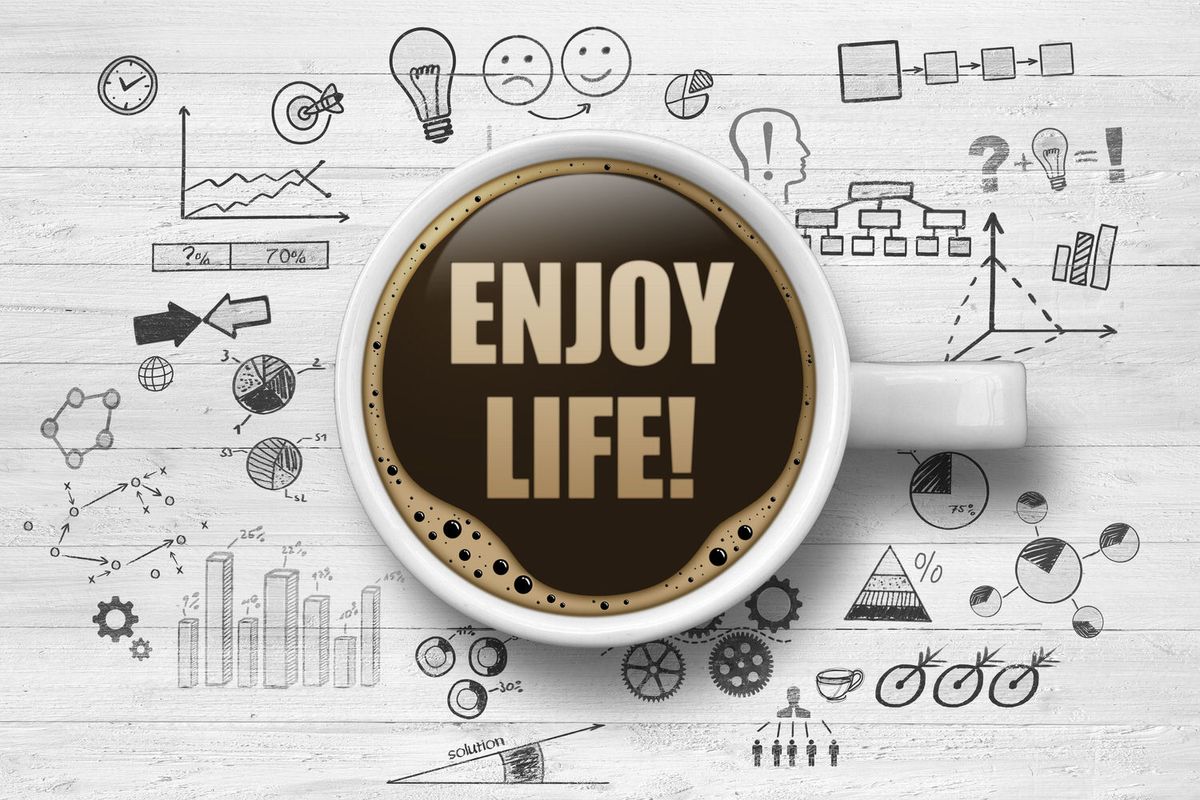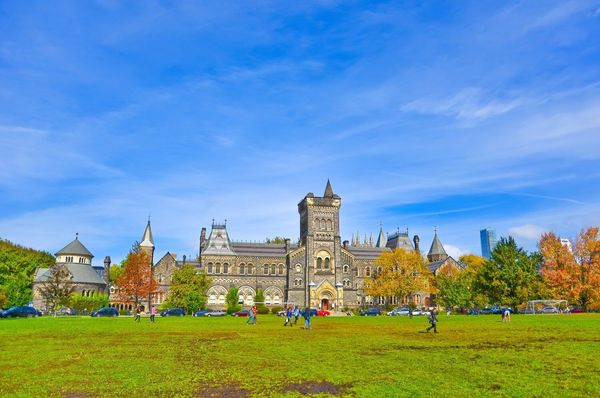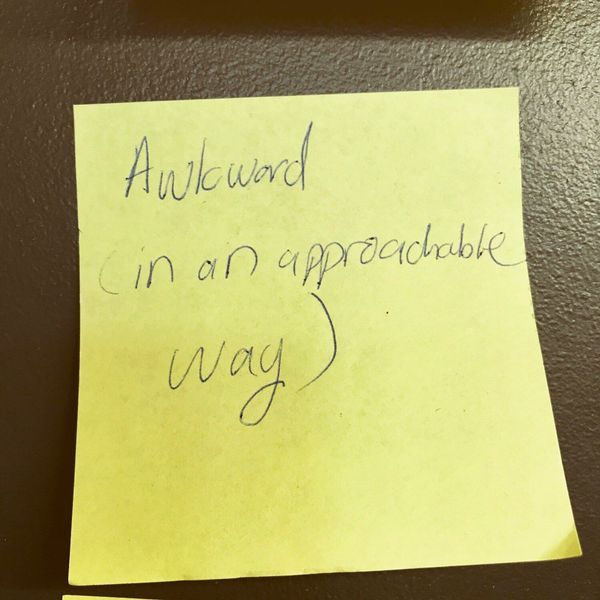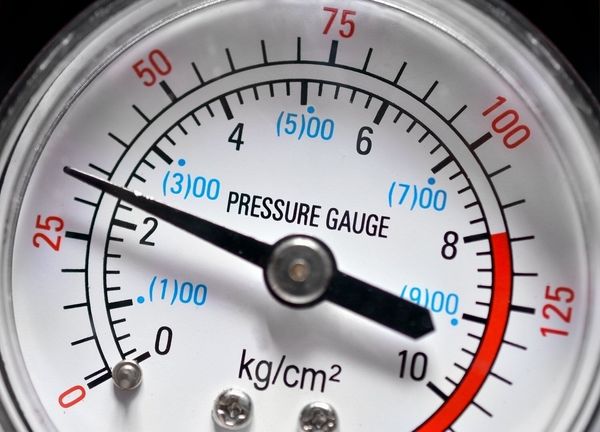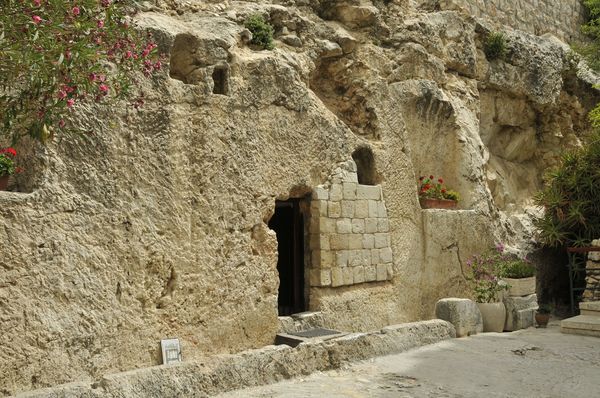The book of Ecclesiastes is a very old book. It’s at least 2,400 years old. But it’s so timely, it may as well have been written last week.
The author of the book is on a quest to find meaning in his life. He tries a number of approaches. They’re the same ones that we try today, but all of them leave him a little disappointed:
- Pleasure — “I will test you with pleasure; enjoy yourself,” he said to himself. He used alcohol. “I searched with my heart how to cheer my body with wine,” he writes. “Whatever my eyes desired I did not keep from them.”
- Work — He also tried to find meaning in his work. He succeeded in finding some enjoyment there, but he also realized that eventually he’d have to leave his job to someone else. He talked about his days being “full of sorrow, “ and work as a vexation. “Even in the night his heart does not rest.”
- Popularity — He also tried popularity, but realized that it doesn’t last. He talked about a young, charismatic leader who became popular and ascended to power, but was old news in just a few years.
- Money — It sounds like the author had lots of money to play with, but it wasn’t enough. No matter how much we have, we always want more. “He who loves money will not be satisfied with money, nor he who loves wealth with his income.” Besides, the more we earn, the more expensive things get, and the more we have to worry about managing our money. Ironically, the rich often worry about money more than those who are just getting by.
What I love about Ecclesiastes is that it tells us to enjoy all of these things. “There is nothing better for a person than that he should eat and drink and find enjoyment in his toil,” it says. “Everyone also to whom God has given wealth and possessions and power to enjoy them, and to accept his lot and rejoice in his toil—this is the gift of God.” The message to us today: Enjoy life! I love how N.D. Wilson puts it:
Drink your wine. Laugh from your gut. Burden your moments with thankfulness. Be as empty as you can be when that clock winds down. Spend your life. And if time is a river, may you leave a wake.
But at the same time, don’t expect the good things of life to satisfy you. No matter how much we enjoy these things, they won’t give us the happiness we want. You can have it all, and something will still be missing. In the end, he tells us, life without God won’t satisfy any of us.
I appreciate the honesty of this book. Enjoy life, but remember that in the end, we all need God.


